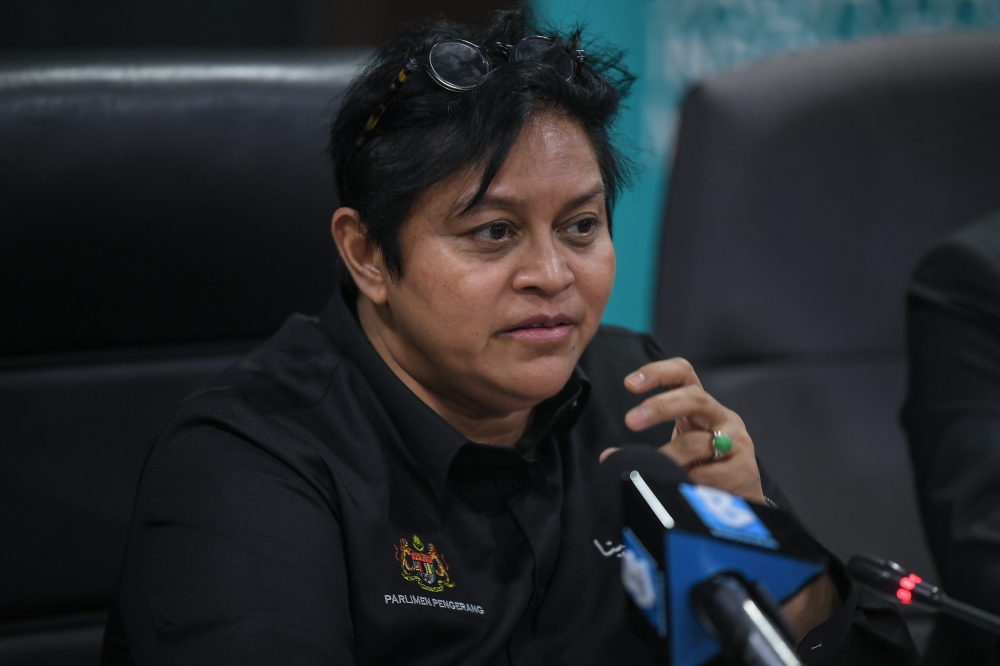DECEMBER 2 — “The government will enact a special Act to make the Children Commission Office an independent body to serve as a watchdog on issues affecting children in the country,” said Minister in the Prime Minister’s Department in charge of law and institutional reforms Datuk Seri Azalina Othman Said at a press conference on March 16.
It must be said therefore that the new Section 6A of the Human Rights Commission of Malaysia (Suhakam) Act 1999 (Act 597) has fallen short of providing for an independent Chief Children Commissioner (CCC) and Children Commissioners (CC).
The CCC and CC are but designated members of Suhakam to deal with human rights matters relating to children and whose functions “shall be in addition to, and not in derogation of, their functions” as Suhakam commissioners. [Section 6A(3)].
In other words, the functions of the CCC and CC are not specifically spelt out in the Act.
The relationship between the children commissioners and the Suhakam Chairman is reiterated in Section 6A(4) which says that in carrying out their functions, the CCC and CC “shall be subject to the direction” of the Suhakam Chairman.

By comparison, Australia’s Human Rights Commission Act 1986, which establishes a National Children’s Commissioner (NCC) under Part IIAA, sets out the functions that are to be performed by the NCC.
The NCC is specifically required under Section 46MB(1) to:
(a) promote discussion and awareness of matters relating to the human rights of children in Australia;
(b) undertake research, or educational or other programmes, for the purpose of promoting respect for the human rights of children in Australia, and promoting the enjoyment and exercise of human rights by children in Australia;
(c) examine existing and proposed federal legislation for the purpose of ascertaining whether they recognise and protect the human rights of children in Australia, and to report to the Minister the results of any such examination.
The functions and powers of the NCC are further set out in Section 46MB(2)-(6). The last subsection is of great significance as it requires the NCC, in performing his or her functions or exercising his or her powers, to have regards to the Universal Declaration of Human 1948 and other international conventions, as amended and in force, as well as other instruments relating to human rights as the NCC considers relevant.
Be that as it may, despite falling short of expectations, the office of the CCC and CC must be welcomed.
This is the personal opinion of the writer or publication and does not necessarily represent the views of Malay Mail.





















